SIAM 61st Annual Convention 2021: Industry leaders and policy makers discuss the future of the auto sector
From the impact of the COVID-19 pandemic and slowdown of the auto sector, to the importance of increasing localisation as we move into an electric future, the SIAM 61st Annual Convention addressed some key issues facing the automotive sector
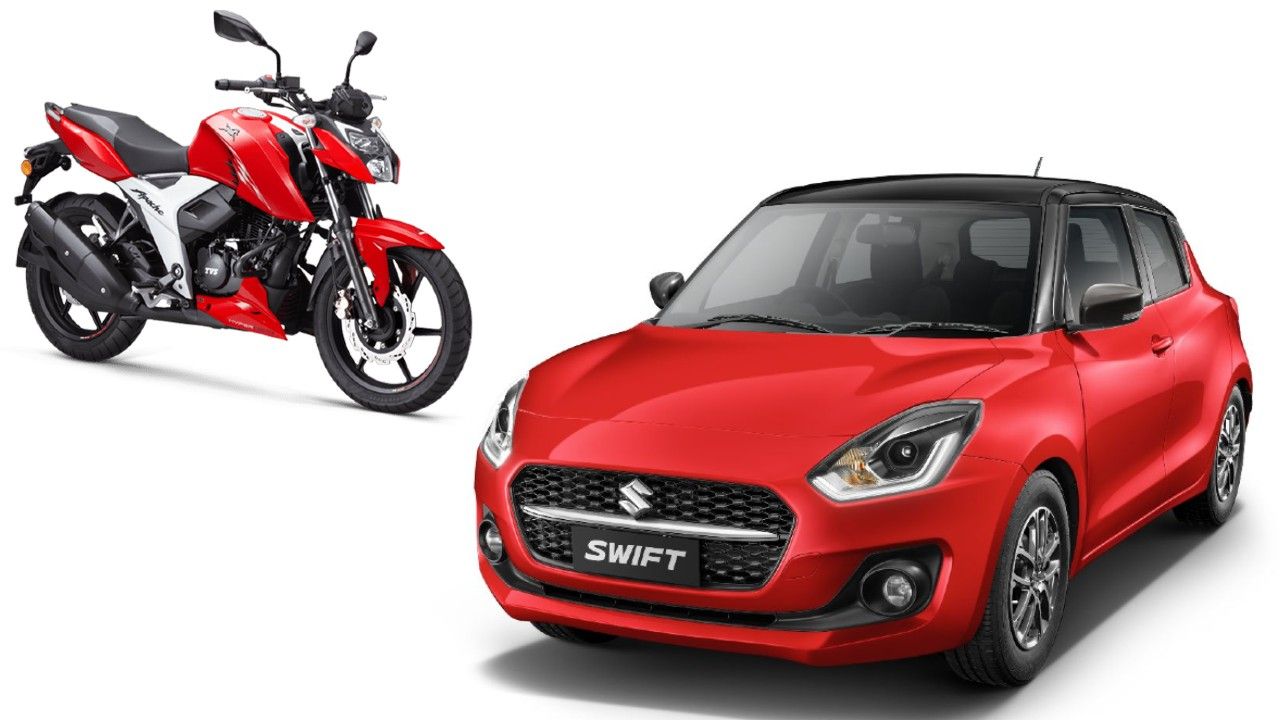
From the impact of the COVID-19 pandemic and slowdown of the auto sector to the importance of increasing localisation as we move into an electric future, the SIAM 61st Annual Convention addressed some key issues facing the automotive sector.
The SIAM 61st Annual Convention 2021 brought industry leaders and high-ranking government officials together to discuss the challenges facing the Indian automotive industry and the opportunity ahead, given the increased electrification of the industry. This year’s convention was split into four sessions – each addressing a different aspect. The 2021 annual convention commenced with the Prime Minister’s vision for the automotive industry and was followed by some insightful and intriguing discussions on sustainable growth, the future of mobility, and technological advancements.
In the first session, Kenichi Ayukawa President, SIAM and MD & CEO, Maruti Suzuki India Ltd, highlighted some major challenges that the Indian automotive industry has been facing in recent years. He said that while the auto sector was already going through a major slowdown, the COVID-19 pandemic has further impacted the industry. There has been a considerable drop in the growth rates in the last 5 – 10 years across all four segments – passenger vehicles, two-wheelers, commercial vehicles, and three-wheelers. To bring the industry back to its glory days, focused action is the need of the hour.
Mr Ayukawa said, 'SIAM and ACMA have together worked out a Localization Roadmap with a target of about 15 – 20% further localization in next 2 to 5 years. SIAM has prepared an approach paper for the long term regulation roadmap that takes care of all aspects and gives clarity on future investments, and the industry is working hard on New Powertrain Technologies.'
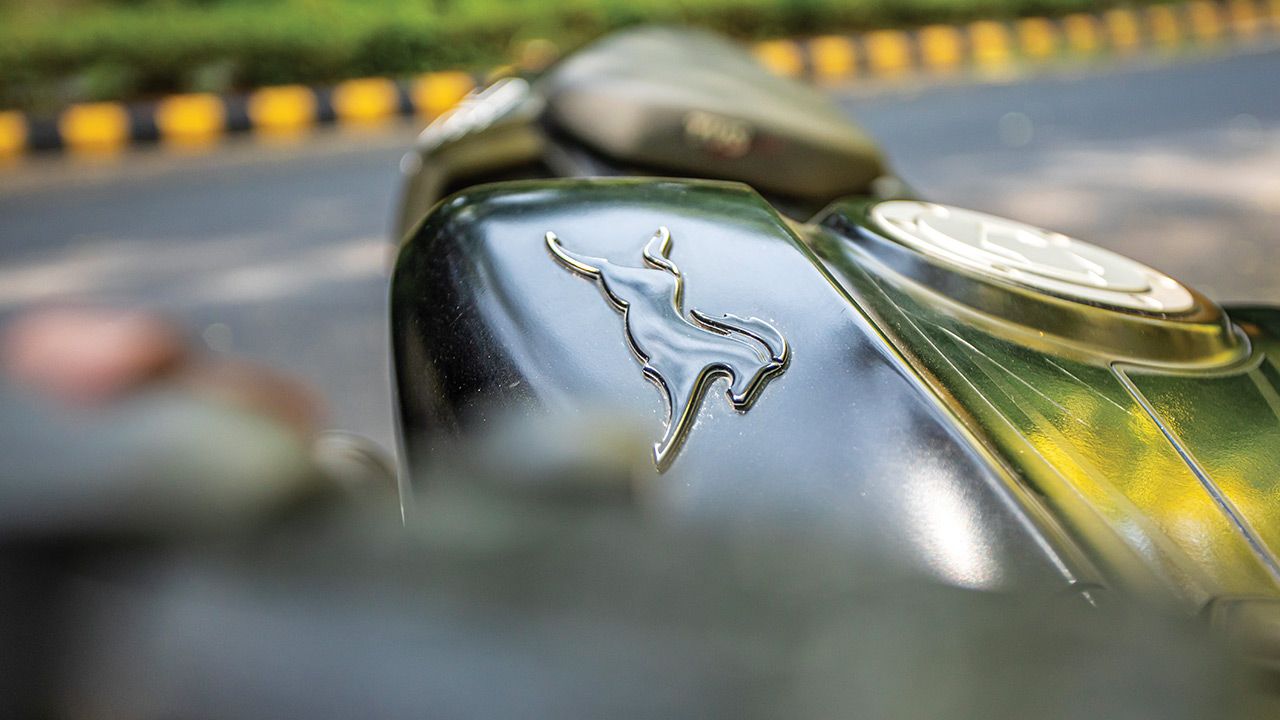
The second session focused on the outlook of the Indian auto industry and its role in the economic growth with Vipin Sondhi (Vice President, SIAM and Managing Director & CEO Ashok Leyland Ltd), R C Bhargava (Chairman Maruti Suzuki India Ltd), Venu Srinivasan (Chairman & MD TVS Motor Company), and Tarun Bajaj (Revenue Secretary, Ministry of Finance Government of India) on the panel.
During the session, Srinivasan and Bhargava voiced their opinion against the new policies that have been introduced over the past few years. The duo highlighted that the high taxation structure on automobiles and the mandatory insurance costs have hugely bumped up the pricing, making vehicles expensive. Srinivasan said that despite two-wheelers being the most basic means of transport, they are taxed at 28%, which is almost the same as the rate of taxation for cars, which are a luxury item. Over the past few years, with the switch to BS4 and subsequently to BS6, and the change in the safety norms, prices of vehicles have truly risen. Bhargava said, 'I am afraid words don't get us very much in the terms of extra sales but you need concrete action to make this happen.'
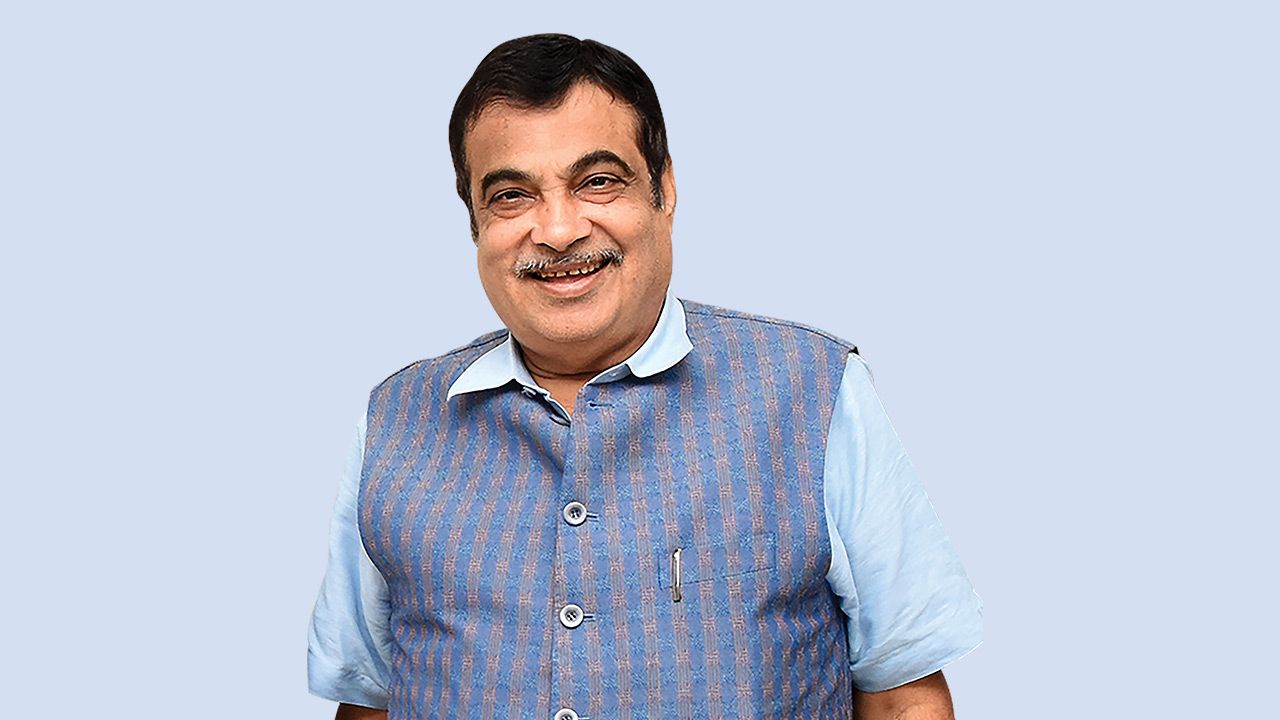
This year, the convention was once again graced by the presence of Nitin Gadkari, Minister of Road Transport and Highways of India. The minister spoke about the government’s aim to increase the contribution of the automotive sector towards the nation’s GDP. Currently, the sector contributes roughly 7.1% towards the GDP, and the government aims to increase the number up to 12%. Mr Gadkari said that this will be a huge step towards making India a USD 5 trillion economy.
Also Read:
Electric vehicles free from all registration charges in India
Why the national vehicle scrapping scheme may be ineffective in Delhi-NCR
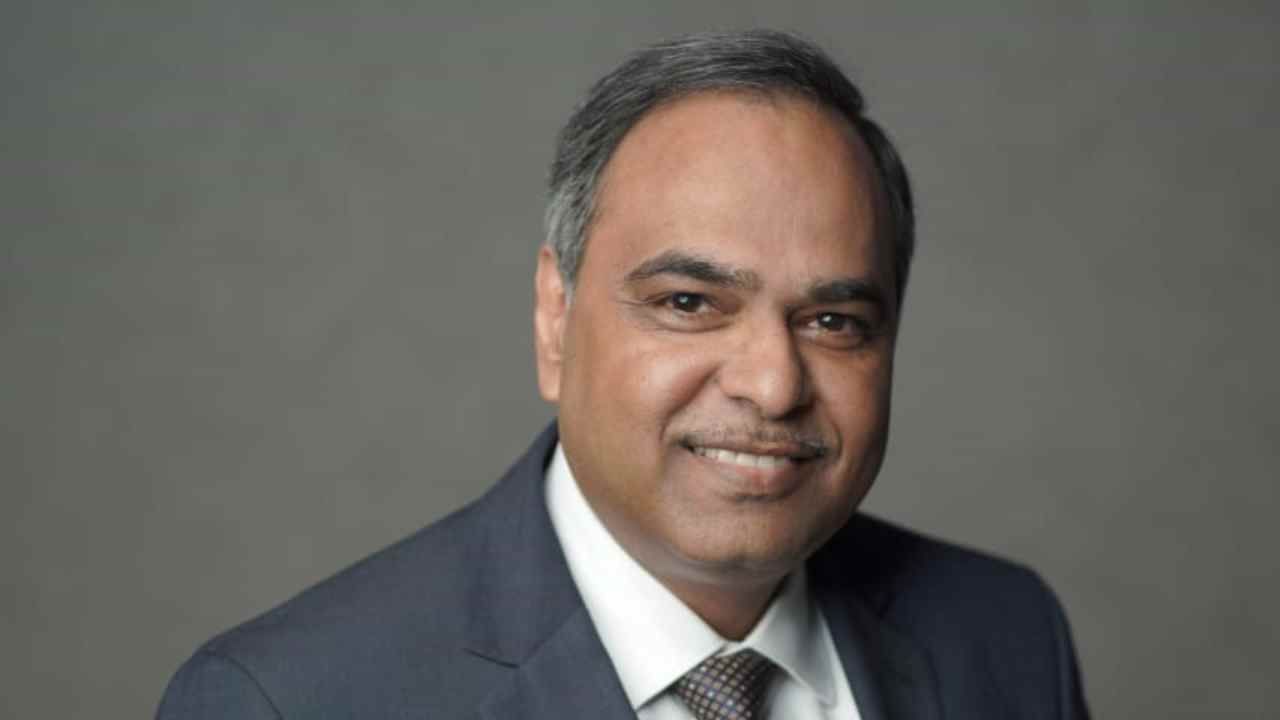
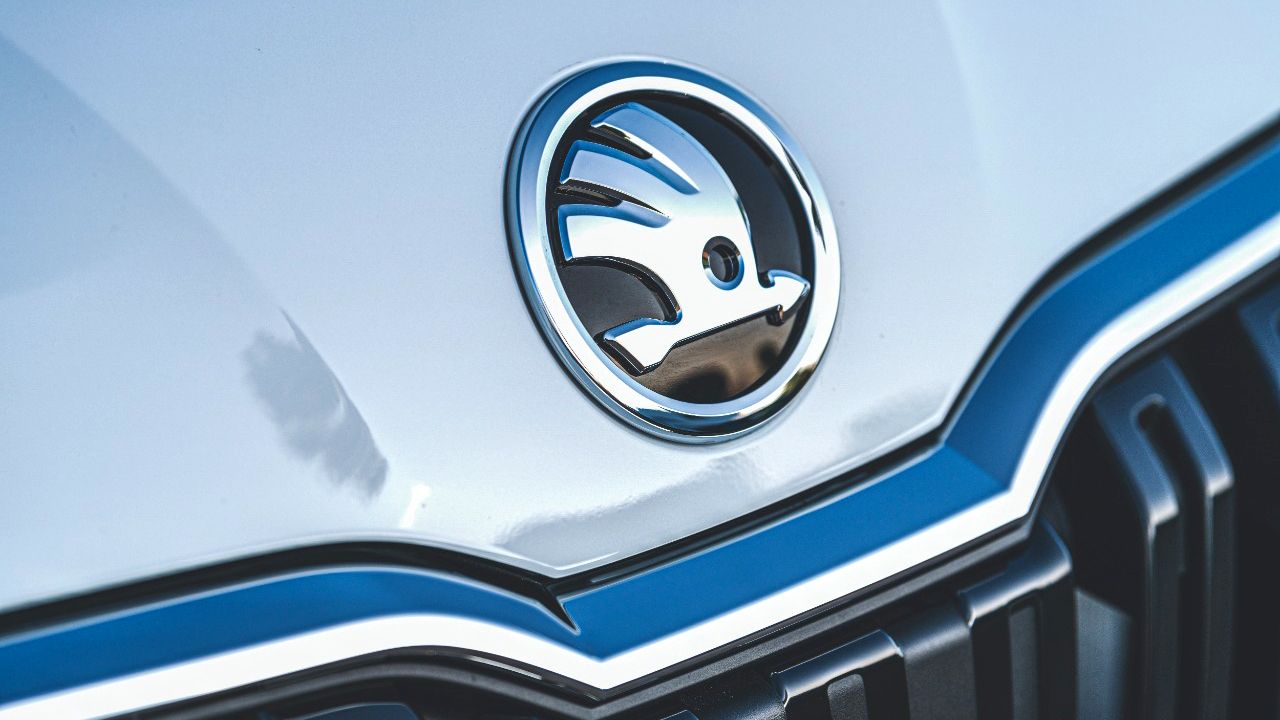
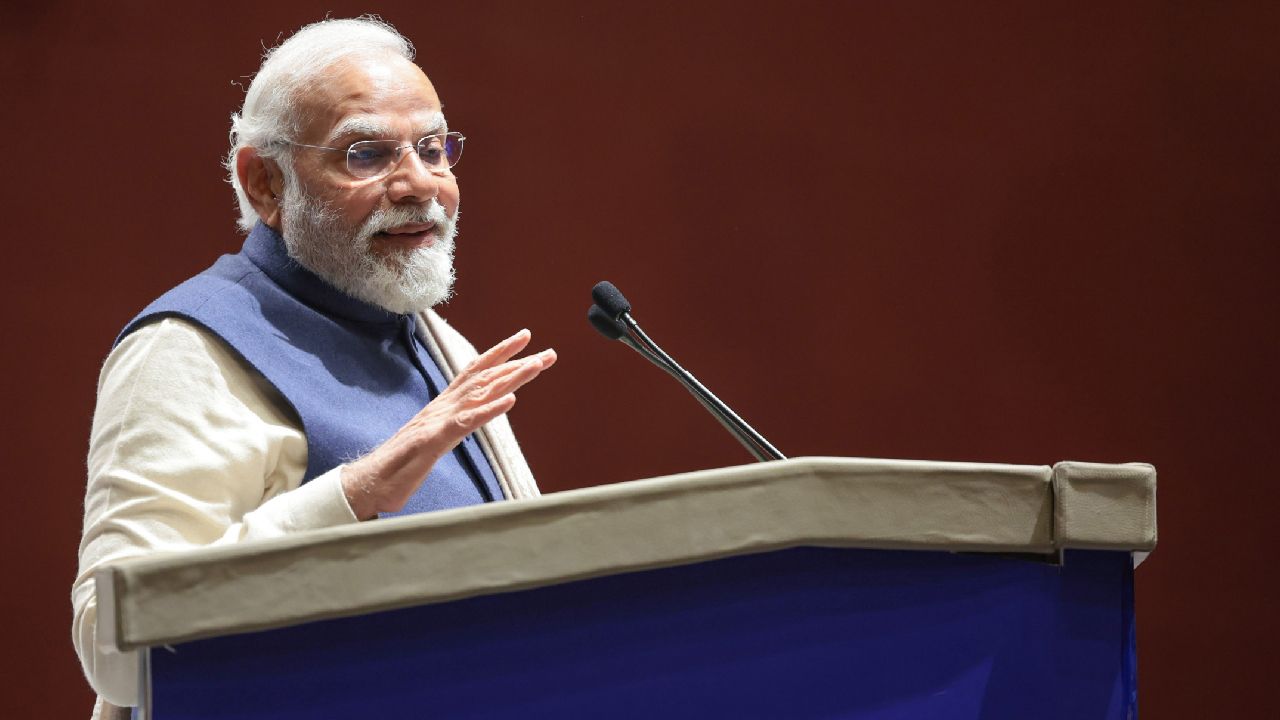
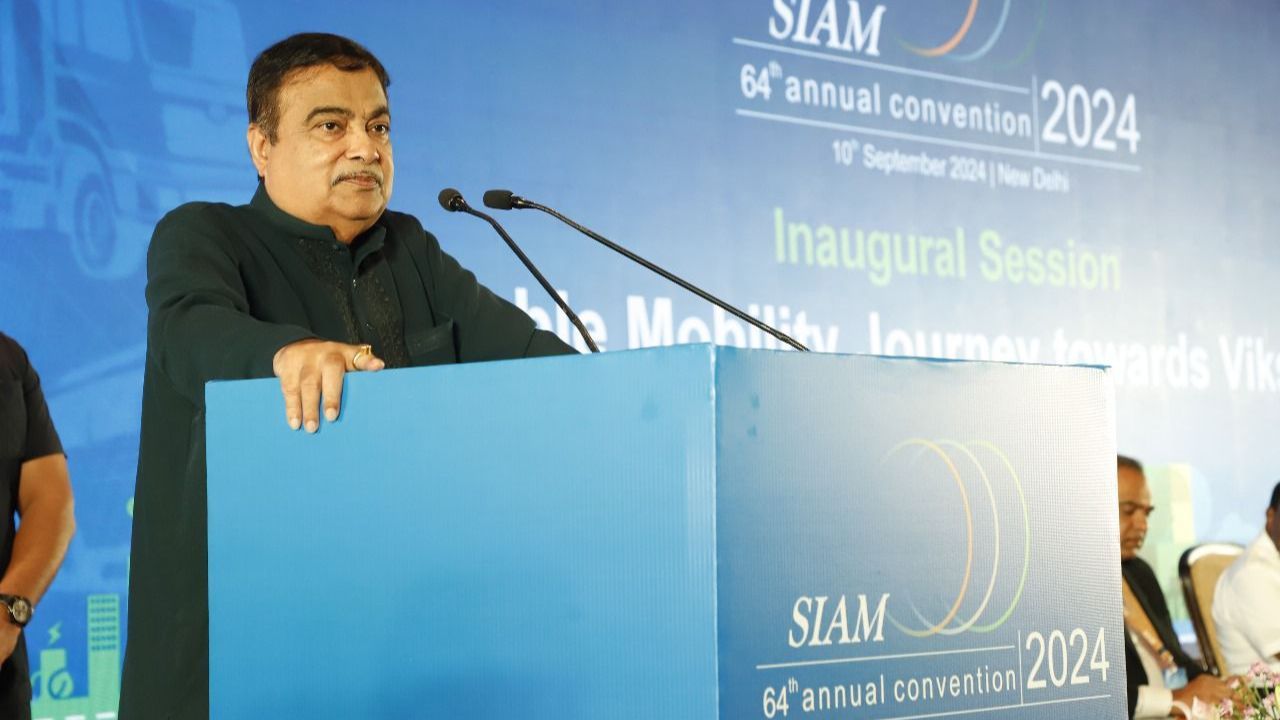

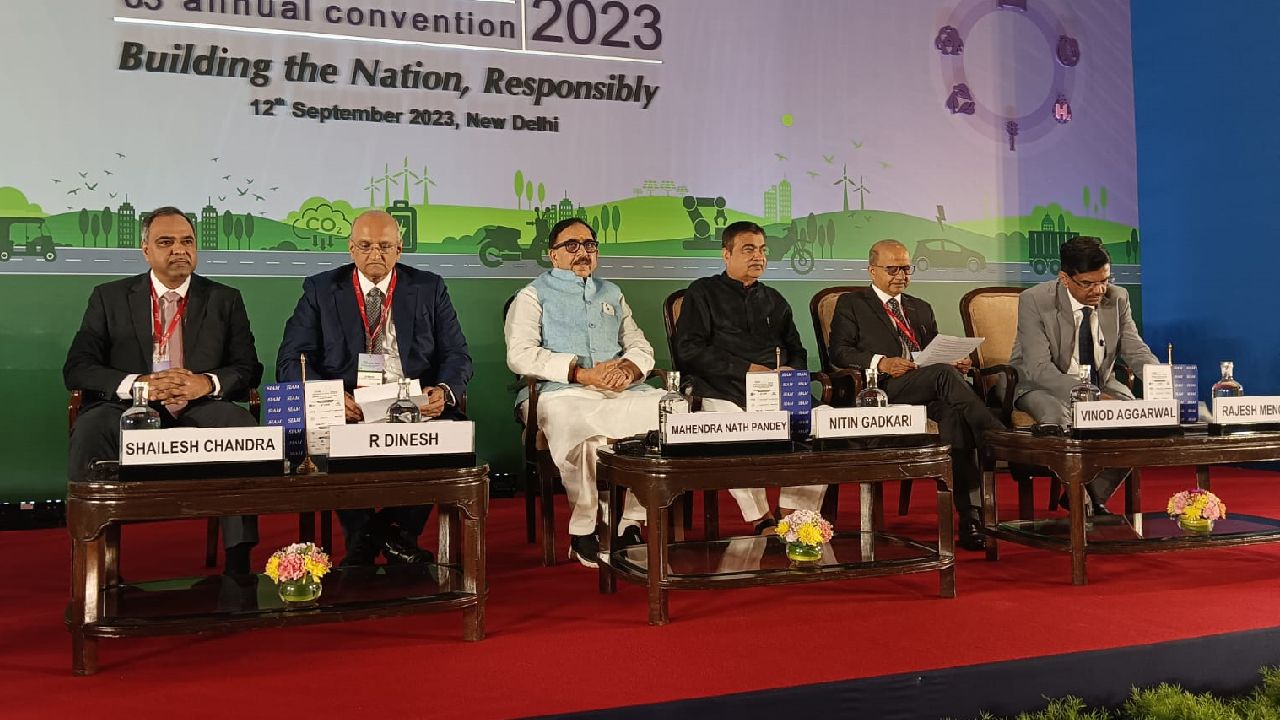

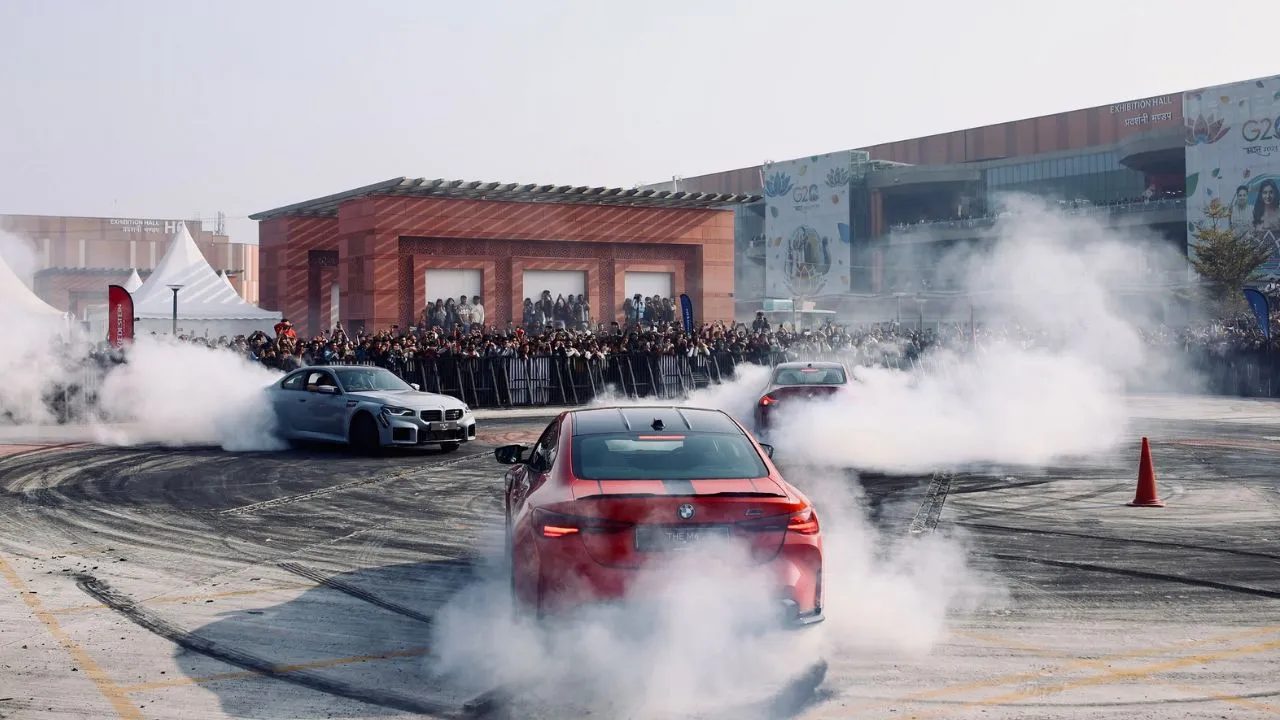
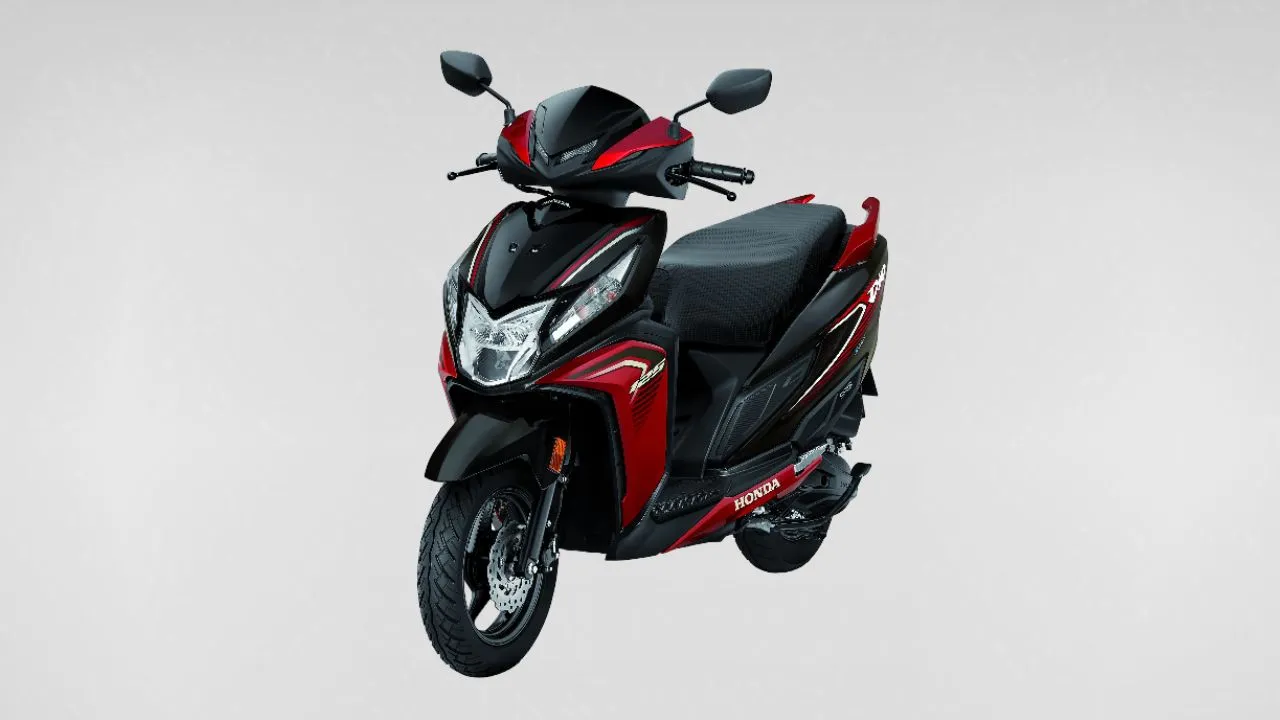
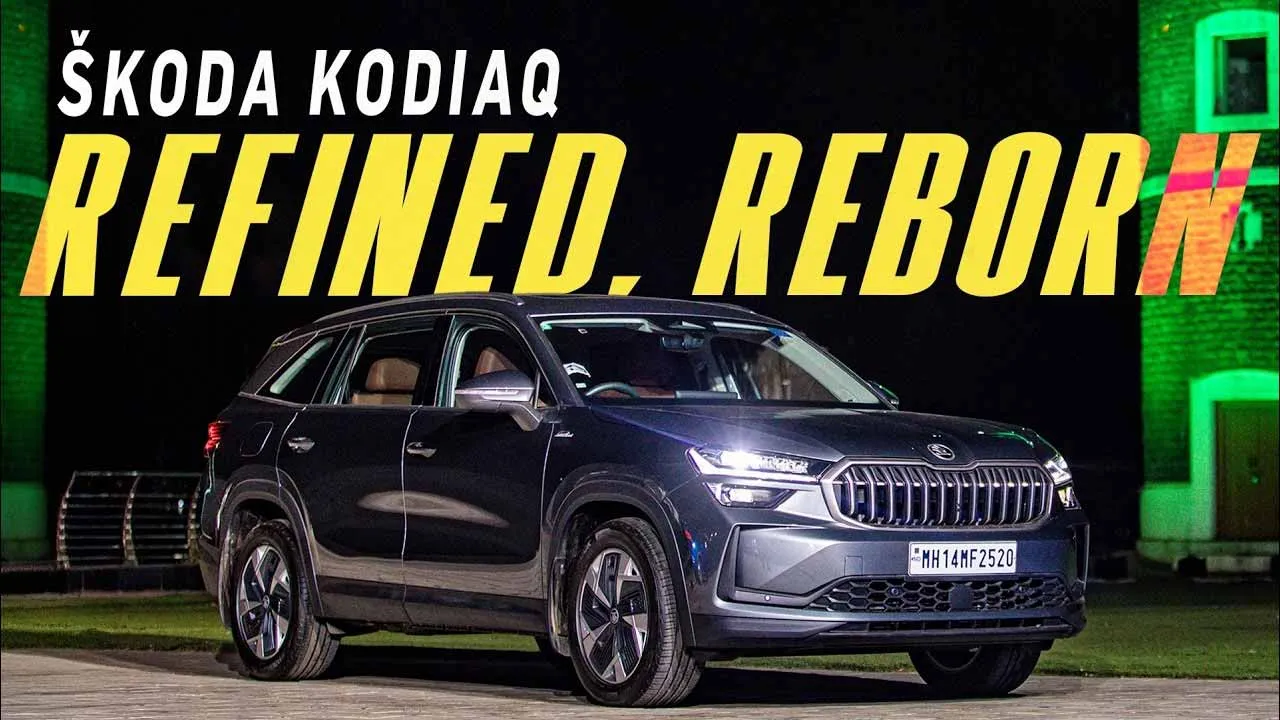
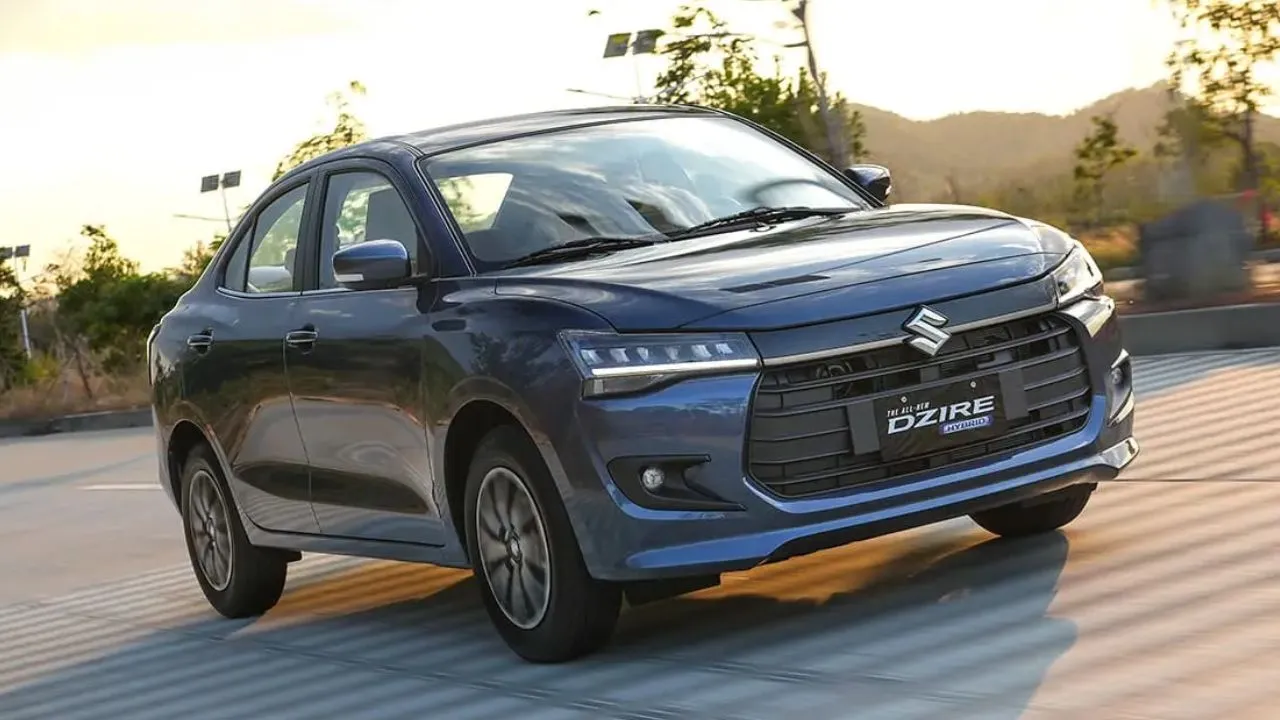
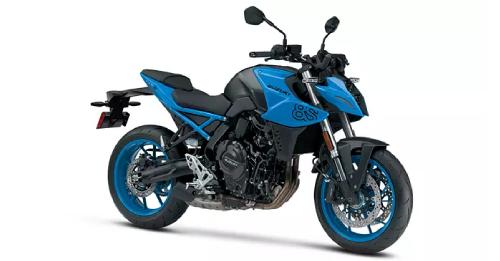
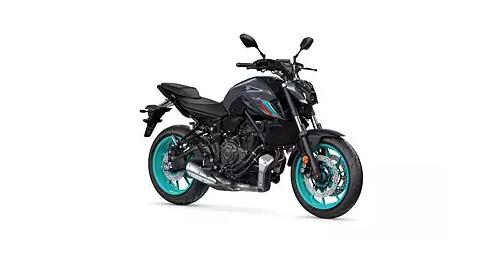
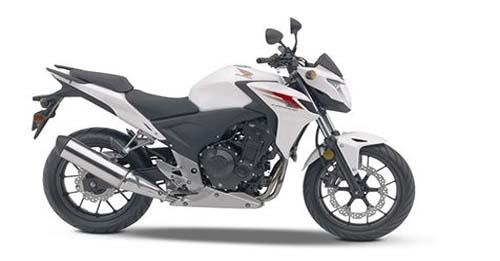
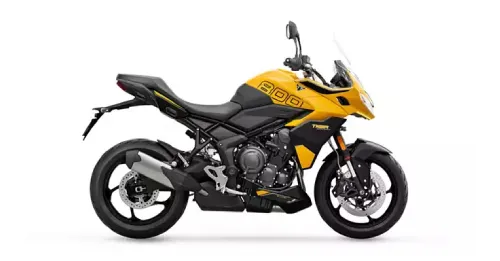
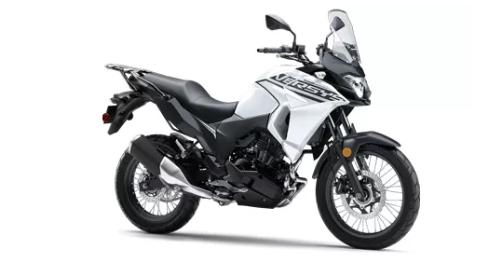









Write your Comment on